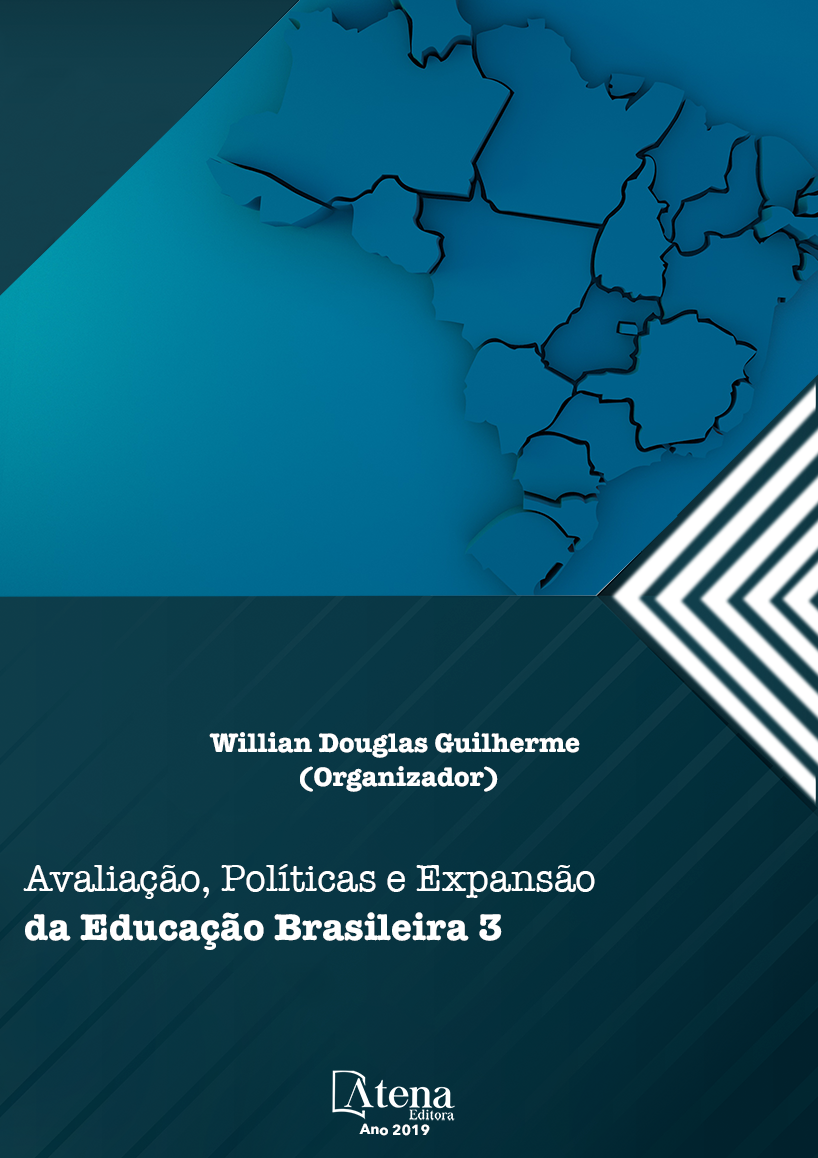
Projeto Vivendo as Diferenças
O projeto é originário de práticas
pedagógicas realizadas com alunos de 5 a
10 anos de uma Escola Pública do município
de Santo André. As observações das práticas
cotidianas revelaram que a comunidade
escolar ainda trata os alunos com deficiência
como se fossem incapazes de realizar ações
do cotidiano: se alimentar, guiar-se sozinho,
cuidar do material de uso pessoal. Permanece
o estereótipo de que o deficiente é doente
necessitando de toda a ajuda possível e por
isso ser tratado de maneira diferente. Para uma
escola tornar-se inclusiva, faz-se necessário
um investimento de formação continuada com
todos os envolvidos no processo educativo e
não apenas adaptar-se arquitetonicamente.
Trata-se de propor reflexões e discussões
a respeito da inclusão, iniciando pelo
reconhecimento que a diversidade existe e
é fundamental na construção de um sistema
educacional inclusivo. Com isso, o objetivo deste
projeto foi sensibilizar a comunidade escolar
sobre os desafios, avanços e possibilidades
que permeiam o cotidiano dos alunos com
deficiência, desmistificando alguns preconceitos
e contribuindo para o desenvolvimento e
construção da autonomia desses alunos. A
metodologia adotada neste projeto propõe
oficinas temáticas realizadas mensalmente
com cada segmento da comunidade escolar.
Como resultado, verificou-se que, ao longo
do processo, a comunidade escolar mostrouse
mais fortalecida para lidar com o cotidiano
escolar e os desafios acerca dos alunos com
deficiência e da diversidade como um todo.
Com isso, constatou-se que há a necessidade
de formação continuada que traga subsídios
que possam sensibilizar e propor reflexões que
desmistifiquem os pré-conceitos existentes.
Projeto Vivendo as Diferenças
-
DOI: 10.22533/at.ed.60319100729
-
Palavras-chave: Educação Inclusiva, Diversidade, Formação Continuada.
-
Keywords: Inclusive Education, Diversity, Continuing Education.
-
Abstract:
The project originates from
pedagogical practices carried out with students
from 5 to 10 years of a Public School in the
municipality of Santo André. Observations of
everyday practices revealed that the school
community still treats students with disabilities as if they were incapable of carrying
out daily actions: feeding themselves, guiding themselves, taking care of personal use
material. The stereotype remains that the disabled person is in need of all possible help
and therefore be treated differently. For a school to become inclusive, it is necessary
to invest in continuing education with everyone involved in the educational process
and not just adapt architecturally. It is about proposing reflections and discussions
about inclusion, starting with the recognition that diversity exists and is fundamental
in the construction of an inclusive educational system. The aim of this project was to
sensitize the school community about the challenges, advances and possibilities that
permeate the daily lives of students with disabilities, demystifying some prejudices and
contributing to the development and construction of the autonomy of these students.
The methodology adopted in this project proposes monthly thematic workshops with
each segment of the school community. As a result, it was found that, throughout the
process, the school community proved to be more empowered to cope with everyday
school life and the challenges of students with disabilities and diversity as a whole. With
this, it was verified that there is a need for continuous training that brings subsidies that
can sensitize and propose reflections that demystify existing preconceptions.
-
Número de páginas: 15
- Cintia Cristina Escudeiro Biazan
- Denise Aparecida Refundini Castellani
- Sandramara Morando Gerbelli
- Viviane Franzo Juliani


